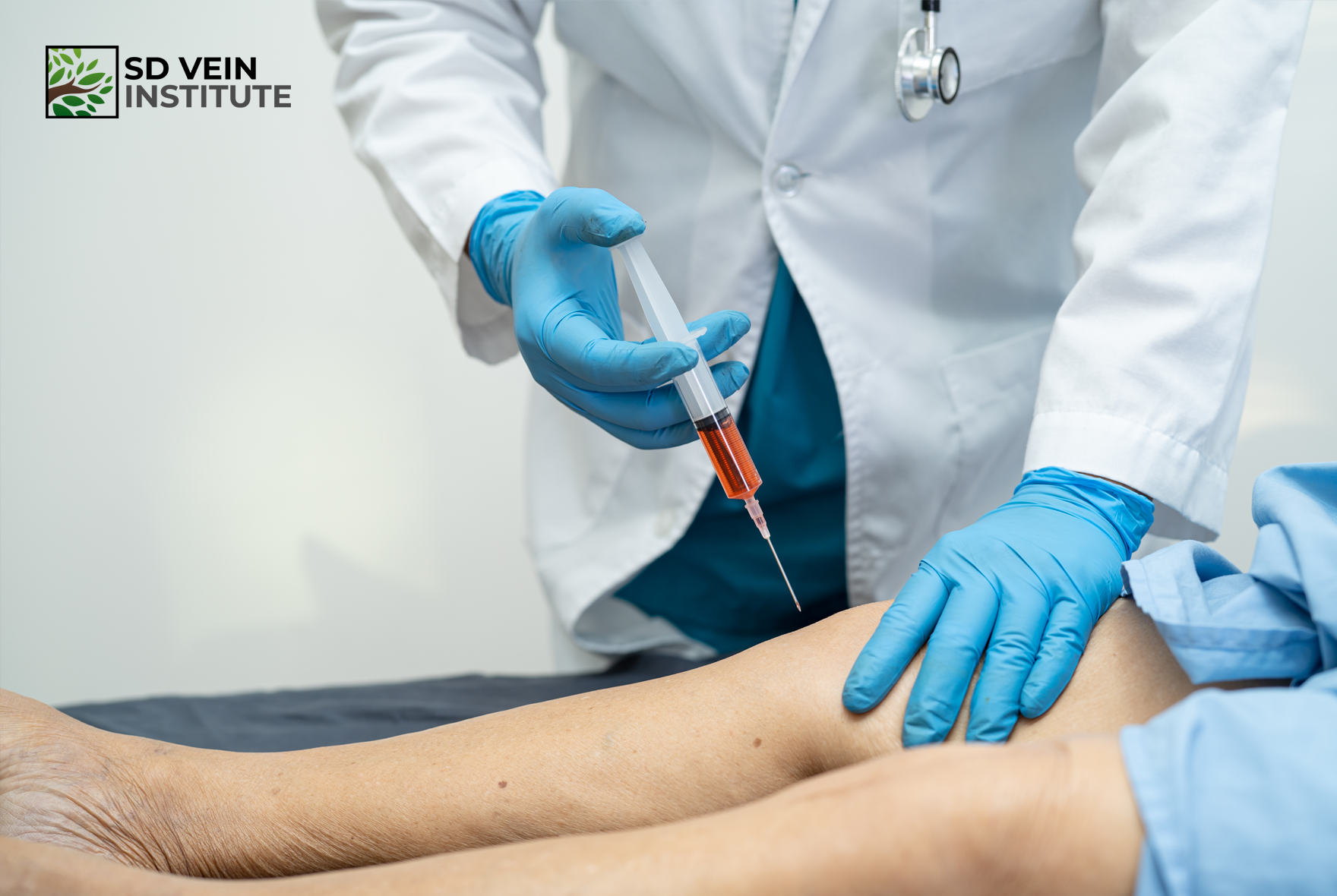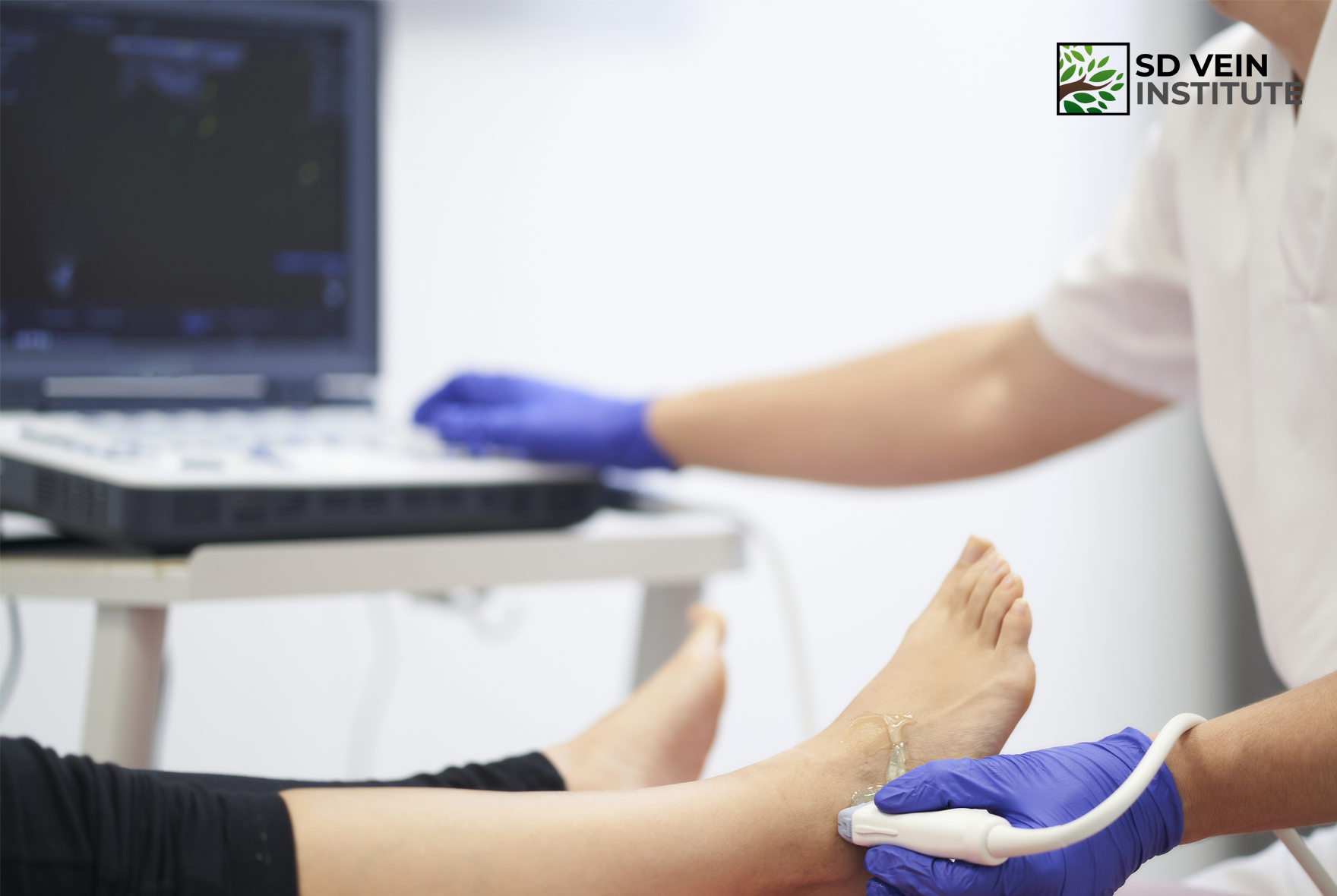Do I Need a Referral from My Primary Care Doctor?
TLDR
• Referrals may be needed based on your insurance plan and medical needs.
• Primary care doctors coordinate your healthcare and suggest specialists.
• Vascular issues like varicose veins often need specialized care.
• Consult your insurance provider and healthcare team for guidance.
Will I Need Anesthesia During Vein Treatment?
TLDR
Anesthesia use in vein treatments depends on the procedure type.
Commonly used anesthesia includes local anesthesia, tumescent anesthesia, and general anesthesia.
Different vein treatments, such as sclerotherapy or laser treatment, have varying anesthesia requirements.
Understanding the procedure and anesthesia helps reduce anxiety and set expectations.
Consult a healthcare provider to determine the most suitable anesthesia and treatment plan.
What Should I Expect at My First Consultation?
TLDR
Expect a comprehensive evaluation of your vascular health.
Discussion of symptoms and conditions like varicose and spider veins.
Learn about treatment options, including sclerotherapy and surgical interventions.
Consultations include lifestyle recommendations and prevention tips.
Opportunity to ask questions and discuss concerns with a vein specialist.
Schedule an appointment with San Diego Vein Institute for personalized care.
What are Vulvar or Pelvic Varicose Veins, and How Are They Treated?
TLDR
Vulvar and pelvic varicose veins are dilated veins in the pelvic region, often due to pregnancy or increased pelvic pressure.
Symptoms include pelvic pain, swelling, and visible veins.
Treatments range from lifestyle changes to medical procedures like sclerotherapy and embolization.
Consult a vein specialist in San Diego for personalized care.
Prevention includes maintaining a healthy weight and regular exercise.
See a doctor if symptoms worsen or affect quality of life.
What is Sclerotherapy and How Does It Work?
TLDR
Sclerotherapy is a medical procedure for treating varicose and spider veins.
It involves injecting a solution into the affected veins, causing them to collapse and fade.
Often used for cosmetic improvements and to relieve symptoms like pain or swelling.
Consult a vein specialist to determine if sclerotherapy is suitable for you.
Preventive measures and lifestyle changes can help manage vein health.
What Role Does Ultrasound Play in Diagnosing Varicose Veins?
TLDR
Ultrasound Imaging: Key tool for diagnosing varicose veins.
Symptoms: Swelling, pain, itching, and visible twisted veins.
Treatment Options: Include sclerotherapy, endovenous laser treatment, and surgery.
Prevention Tips: Regular exercise, weight management, and leg elevation.
When to See a Doctor: Persistent symptoms or vein changes.
FAQs: Cover causes, risks, and treatment recovery.






